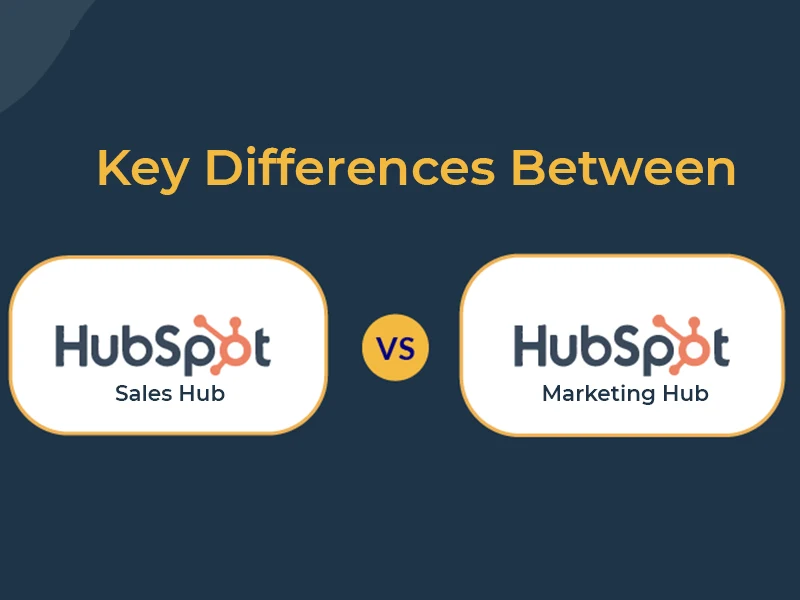HubSpot offers two powerful tools to enhance your business: the Marketing Hub and the Sales Hub. While both are integral to customer relationship management, they serve distinct functions.
HubSpot Marketing Hub
The Marketing Hub is an all-in-one inbound marketing platform designed to streamline your marketing efforts. It offers tools to automate tasks, manage social media posts, create blog content, and send targeted emails. These features help in attracting and nurturing leads, ultimately driving business growth.
Key Features
- Automation: Automate repetitive marketing tasks to save time and increase efficiency.
- Social Media Management: Create, schedule, and monitor social media posts from a single dashboard.
- Content Creation: Develop and manage blog posts and landing pages with ease.
- Email Marketing: Send personalized emails to engage your audience effectively.
HubSpot Sales Hub
The Sales Hub is a cloud-based CRM platform aimed at enhancing sales processes. It provides tools for managing pipelines, automating sales tasks, and gaining insights into customer interactions. This hub empowers sales teams to build stronger relationships and close deals more efficiently.
Key Features
- Pipeline Management: Organize and track deals to ensure a smooth sales process.
- Lead Management: Keep detailed records of leads and their interactions with your business.
- Email Templates and Sequences: Utilize pre-designed templates and automate follow-ups to maintain consistent communication.
- Sales Analytics: Access insights to monitor performance and identify areas for improvement.
Choosing Between Marketing Hub and Sales Hub
Your choice between the two depends on your business objectives. If your focus is on attracting and nurturing leads through marketing campaigns, then Marketing Hub is ideal. Conversely, if your goal is to streamline sales processes and enhance customer relationships, Sales Hub would be more appropriate.
For businesses aiming to align their marketing and sales efforts, integrating both hubs can provide a comprehensive solution. This integration ensures seamless data flow between teams, leading to improved efficiency and better customer experiences.
In summary, HubSpot’s Marketing Hub and Sales Hub offer distinct yet complementary features. Understanding their differences and how they align with your business goals will help you make an informed decision.
You may also like
The Invisible Engine: How to Ongoing Testing and Maintenance Fuel Efficient System Integrations
Don't let your HubSpot dream integration turn into a sputtering nightmare! Integrate IQ's continuous testing and maintenance keeps your systems singing in perfect harmony, fueling sales…
Read moreRobust Security Practices for Custom System Integrations
Check this post for guidance on secure custom system integrations with encryption, authentication, and access controls. Implement HTTPS, OAuth, HMAC verification for APIs, webhooks, SFTP. Utilize…
Read moreConquering the Data Everest: Mastering Migration for Seamless System Integration
Conquer the data, Everest! Integrate IQ equips sales and amp; marketing leaders with the tools and amp; strategies to navigate the treacherous terrain of system integration.…
Read more

